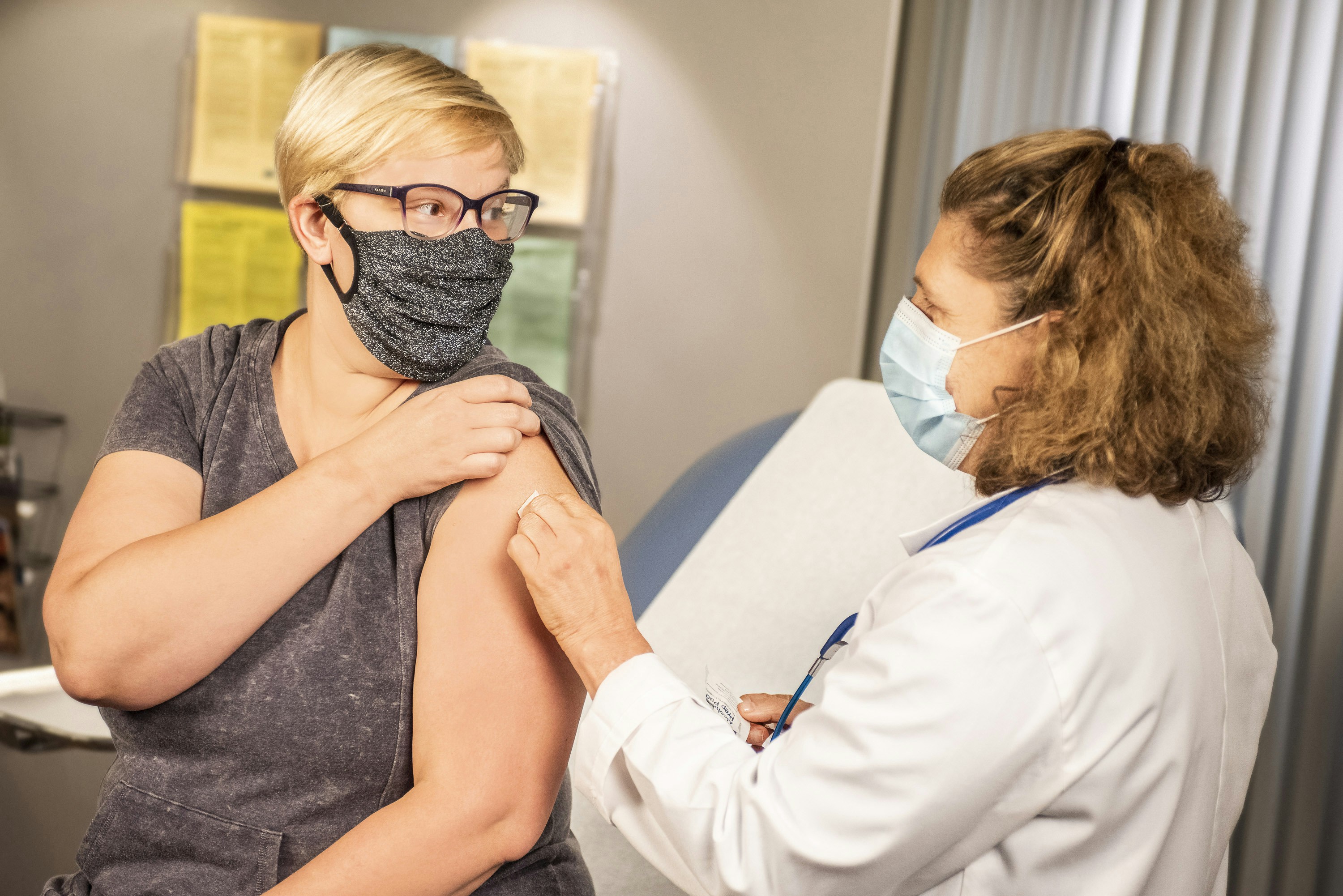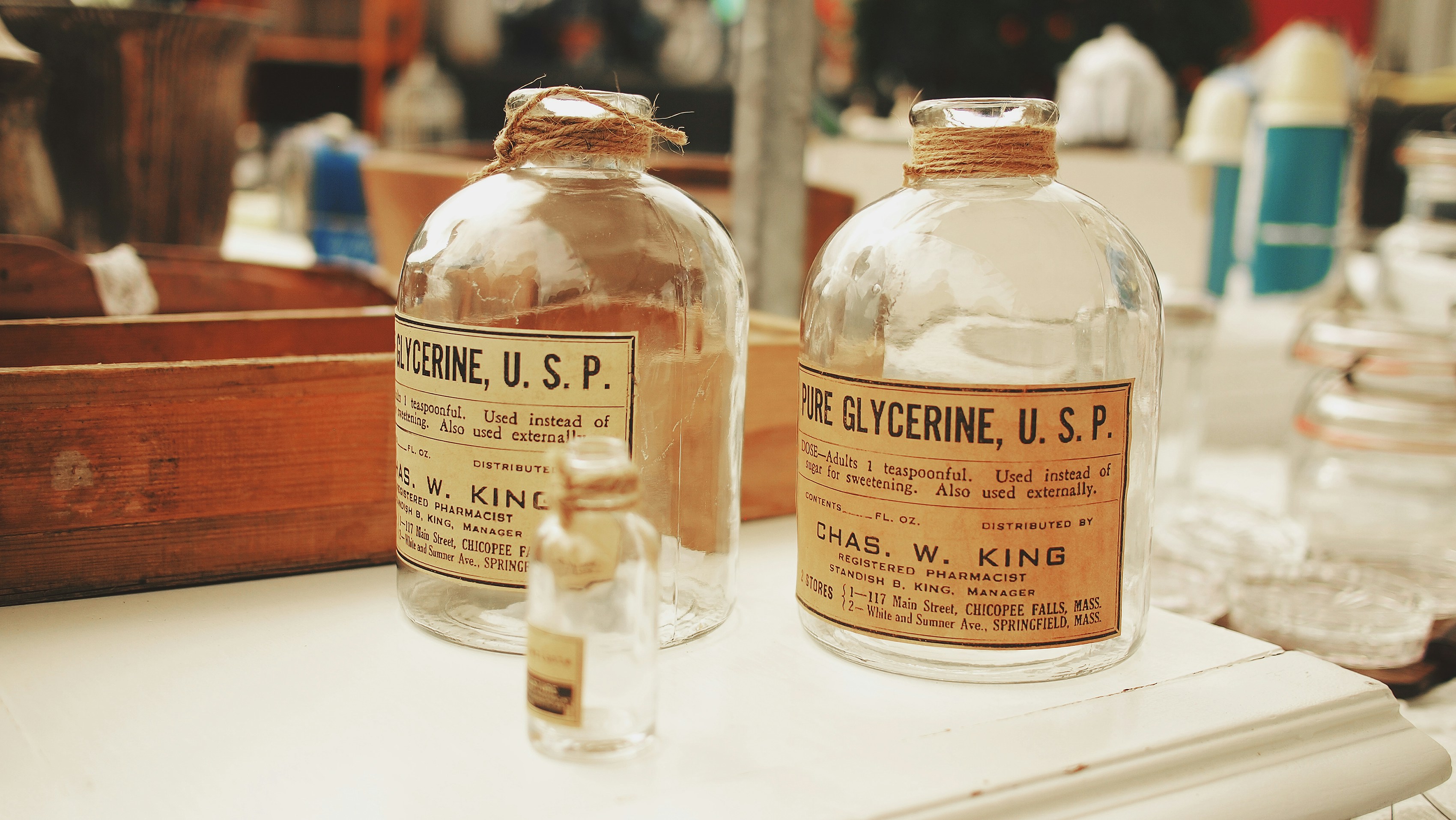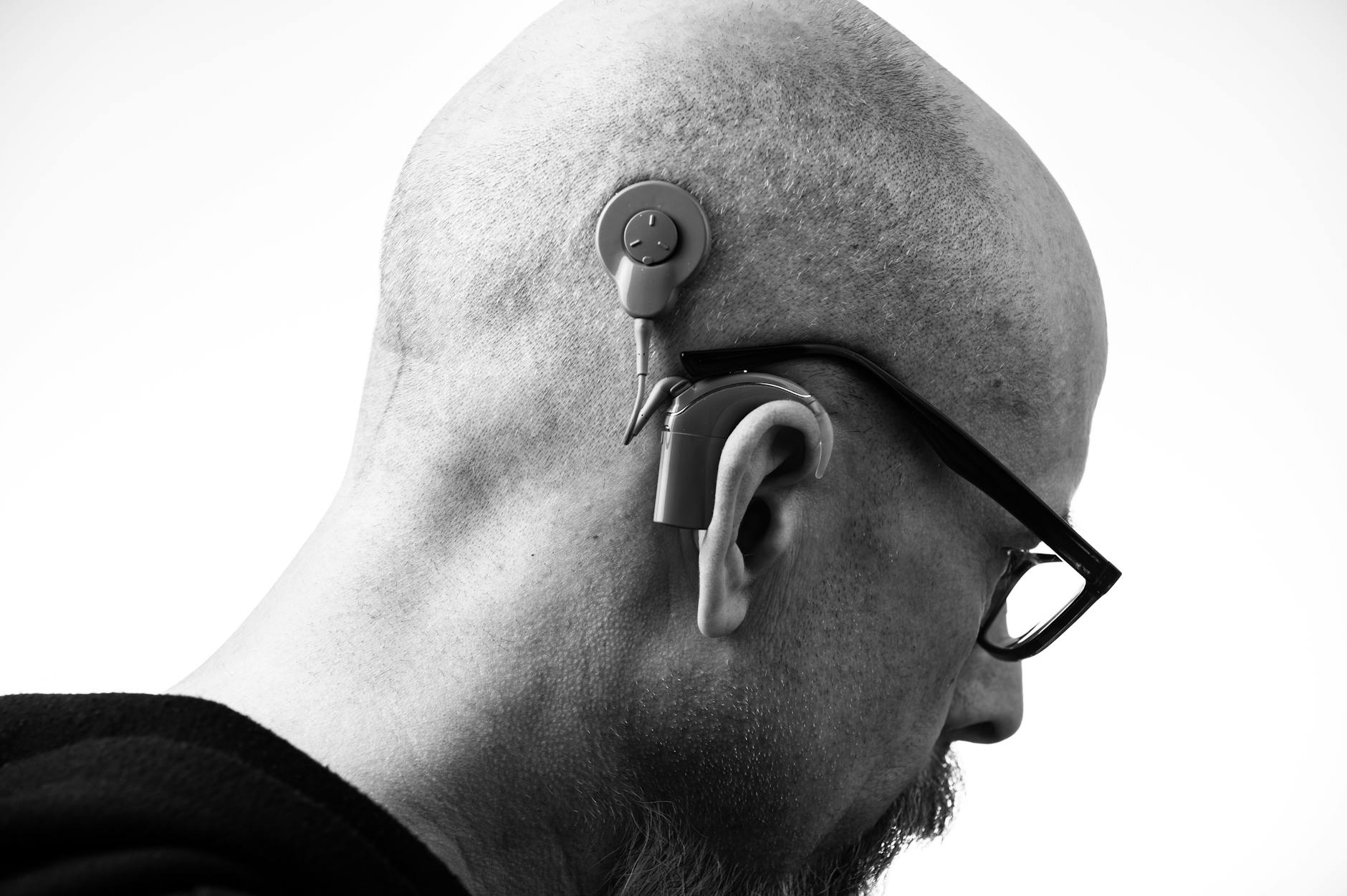Lede: We talk a lot about earplugs, safe volumes, and smarter tech. But there’s a quieter hero in hearing loss prevention: vaccines. Certain infections can inflame, scar, or outright damage the delicate hearing system. The good news? Many are preventable. Roll up your sleeve, and you’re not just avoiding fevers—you’re protecting your ears.
How infections can steal hearing (and how vaccines help)
Your inner ear is a fragile orchestra. Viruses and bacteria can crash the performance in a few ways:
- Inner-ear (cochlear) damage: Mumps, measles, and some viral illnesses can inflame or injure the hair cells and auditory nerve, sometimes causing sudden sensorineural hearing loss in one ear.
- Middle-ear mayhem: Colds and flu can lead to ear infections and lingering fluid (otitis media/effusion), muffling sound and, if repeated or severe, risking long-term issues.
- Central threats: Meningitis can scar the inner ear and the pathways to the brain, causing permanent, often profound hearing loss.
- Nerve complications: Reactivated shingles (varicella-zoster) around the ear—called Ramsay Hunt syndrome—can trigger facial paralysis, tinnitus, vertigo, and hearing loss.
Vaccines don’t just prevent feverish nights. They cut the odds of these ear-related complications. Think of them as part of your hearing protection toolkit—right alongside your favorite earplugs.
The vaccine lineup that protects your hearing
Always confirm what’s right for you with your clinician or pharmacist—age, health conditions, and location matter. Here’s how common vaccines intersect with hearing health:
MMR (Measles–Mumps–Rubella)
Why it matters for hearing: Mumps is a known cause of sudden, usually one-sided, sensorineural hearing loss. Measles can also lead to ear infections and complications. Rubella in pregnancy can cause congenital hearing loss in babies.
Who typically needs it: Adults without evidence of immunity (documentation or blood test) and travelers to areas with outbreaks. If you’re planning pregnancy, confirm immunity beforehand.
Hearing-friendly takeaway: MMR dramatically reduces the risk of mumps-related hearing loss and protects future babies from congenital rubella-related deafness.
Shingles (Recombinant Zoster Vaccine)
Why it matters for hearing: Reactivation of varicella-zoster near the ear (Ramsay Hunt) can cause hearing loss, tinnitus, vertigo, and facial weakness.
Who typically needs it: Most adults 50+ and some younger adults with weakened immune systems, per national guidelines.
Hearing-friendly takeaway: Shingles vaccination reduces the risk and severity of Ramsay Hunt syndrome, lowering the odds of ear-related complications.
Influenza (Flu)
Why it matters for hearing: Influenza can set off middle-ear infections and secondary bacterial infections, and it contributes to the cloggy, echoey ear feeling during and after illness.
Who typically needs it: Most people 6 months and older, annually.
Hearing-friendly takeaway: Preventing flu means fewer ear infections and less middle-ear fluid that can temporarily dull hearing or aggravate tinnitus.
Pneumococcal (PCV/PPSV)
Why it matters for hearing: Streptococcus pneumoniae is a common cause of ear infections and invasive disease. Severe infections and meningitis can threaten hearing.
Who typically needs it: Adults 65+, and younger adults with certain medical conditions (including cochlear implant recipients or candidates, and specific immune conditions), following current vaccine schedules.
Hearing-friendly takeaway: This vaccine cuts the risk of invasive disease and some ear infections—especially important if you have or may get a cochlear implant.
Meningococcal (MenACWY, MenB) and Hib (Haemophilus influenzae type b)
Why they matter for hearing: Meningitis from these bacteria can cause rapid, permanent hearing loss.
Who typically needs them: Routine for most children; adults may need them if at increased risk (certain medical conditions, outbreak exposure, travel to high-risk regions, college dorms, military recruits).
Hearing-friendly takeaway: Preventing meningitis is one of the most powerful ways to prevent profound hearing loss.
COVID‑19
Why it matters for hearing: Some people report auditory symptoms after COVID-19 infection. While research is evolving, preventing severe illness and complications is prudent for overall ear and brain health.
Who typically needs it: As recommended by national guidelines based on age and risk.
Hearing-friendly takeaway: Vaccination reduces the risk of severe infection and downstream complications that can affect multiple systems—including the auditory system.
Turn it into action (without becoming a vaccine spreadsheet)
This doesn’t need to be complicated. Here’s a simple, hearing-smart approach:
- Find your baseline: Snap a photo of your immunization record or patient portal. If it’s patchy, don’t stress—your clinician or pharmacist can help reconstruct it.
- Ask two quick questions: 1) “Based on my age and health, what vaccines am I due for?” 2) “Any I should consider because I work with kids, travel, or have ear/hearing conditions?”
- Make it a one-pager: Keep a simple list on your phone: vaccine, date, next due. Set a calendar reminder for annual flu season.
- Pair it with life events: Pre-travel appointments, back-to-school season if you’re around kids, or your birthday—great times to check status.
- Tell your hearing team: If you see an audiologist or ENT, mention your vaccine status (especially if you have a cochlear implant or frequent ear infections). Coordinated care helps.
“But I’m careful with noise—do I still need this?”
Yes. Noise is one lane on the highway to hearing loss. Infections are another. You can’t earplug your way out of measles, mumps, shingles, or meningitis. Vaccines and ear protection work best together.
If ear trouble strikes anyway, act early
Even with vaccines, infections happen. Fast action can protect hearing:
- Sudden hearing loss (especially one-sided), severe vertigo, or facial weakness around the ear: seek urgent medical care. Early treatment matters.
- Severe ear pain, drainage, or fevers with ear symptoms: contact your clinician.
- Persistent fullness or muffled hearing after illness: an audiologist can check your hearing and middle-ear function, and coordinate with your doctor or ENT if needed.
Gentle reminder: if you notice changes in hearing or new tinnitus after an illness or vaccine, let your healthcare professional know. Most post-vaccine ear symptoms are brief if they occur at all, but it’s reasonable to document and discuss. An audiologist can provide a baseline or follow-up hearing test to guide next steps.
Who benefits most from a hearing-smart vaccine plan?
- Adults 50+: Shingles vaccination is a big one for ear health.
- Adults 65+ or with certain medical conditions: Pneumococcal vaccination matters; ask about the current schedule.
- Teachers, childcare workers, healthcare workers, and frequent travelers: Higher exposure to respiratory infections—staying up to date helps your ears.
- Cochlear implant recipients or candidates: Pneumococcal vaccination is especially important; coordinate with your implant center.
- People living in group settings (dorms, military) or traveling to high-risk regions: Meningococcal vaccines may be recommended.
- Planning a pregnancy or around newborns: Confirm MMR immunity to protect future babies from congenital rubella-related hearing loss.
Common worries, answered quickly
Do vaccines cause hearing loss or tinnitus?
Large safety monitoring systems have not shown a consistent increased risk of permanent hearing loss from routine vaccines. Ear-related symptoms can occur after any illness or immune activation, but your risk of ear damage is generally far higher from the infections themselves (for example, mumps, meningitis, or shingles) than from vaccination. If you notice new hearing changes, tell your clinician promptly and consider a hearing check with an audiologist.
If I had mumps as a kid, do I still need MMR?
Some people have lasting immunity after infection; others may not. If there’s no documentation, your clinician can check blood titers or simply vaccinate. If you’re unsure—especially before travel or pregnancy—ask. It’s quick peace of mind for you and your ears.
Do adults even get ear infections?
Yes—especially around cold and flu season. Viral infections can set up middle-ear fluid and bacterial infections. Vaccination, hand hygiene, sleep, and managing allergies all reduce your risk.
Is it safe to get vaccinated if I wear hearing aids or have a cochlear implant?
Yes. Hearing devices don’t interfere with vaccines. In fact, cochlear implant recipients are a group for whom pneumococcal vaccination is particularly important. Share your device status with your clinician so they can align your vaccine plan with current recommendations.
Your next small step
Open your patient portal (or call your pharmacy) and ask, “Am I up to date on shingles, flu, pneumococcal, and MMR?” That 3‑minute check can quietly add protection for your hearing. And if your ears feel different after any illness, don’t wait—book a hearing test with a licensed audiologist. Early data, early decisions, better outcomes.
Further Reading
- Vaccines That Protect Your Hearing: The Shots Worth Getting (Prevention) - Pressure-Proof Your Ears: Prevent Barotrauma When You Fly, Drive High, or Dive (Prevention) - Medicines Can Be Noisy: Preventing Drug‑Induced Hearing Loss and Tinnitus (Prevention) - Stronger, Not Louder: Protect Your Hearing at the Gym, on the Run, and Everywhere You Train (Prevention)Frequently Asked Questions
Can vaccines prevent all ear infections and hearing loss?
No. But they significantly reduce the risk of specific infections known to harm hearing—like mumps, meningitis, shingles complications, influenza-related ear infections, and some pneumococcal illnesses. Combine vaccination with smart noise habits, hand hygiene, and prompt care for ear symptoms for the best protection.
What if I don’t have my vaccination records?
Don’t worry. Your clinician or pharmacist can reconstruct much of your history from state immunization registries, prior providers, and blood tests for immunity in certain cases. When in doubt, it’s often safe and acceptable to revaccinate—ask your healthcare professional.
I heard about supplements like magnesium or NAC to protect hearing. Should I take them?
Evidence for supplements to prevent noise-related hearing changes is mixed and not a substitute for proven strategies. If you’re considering any supplement, discuss it with your clinician to ensure safety and avoid interactions. Vaccines, well-fitted ear protection, and volume control remain your most reliable prevention tools.
After a vaccine I noticed brief ringing in my ears. Is that normal?
Transient symptoms like fatigue, headache, or muscle aches are common after vaccination. Occasional short-lived ear sensations can happen and often resolve. If ringing or hearing changes persist or are sudden and significant, contact your clinician and consider a prompt hearing evaluation with an audiologist.
References
- CDC – Measles, Mumps, and Rubella (MMR) Vaccination
- CDC – Pneumococcal Vaccination for Adults
- CDC – Meningococcal Vaccination
- CDC – Haemophilus influenzae type b (Hib) Vaccination
- CDC – COVID-19 Vaccination
- Mayo Clinic – Ramsay Hunt Syndrome (Herpes Zoster Oticus)
- WHO – Meningitis Fact Sheet (hearing loss as a consequence)



